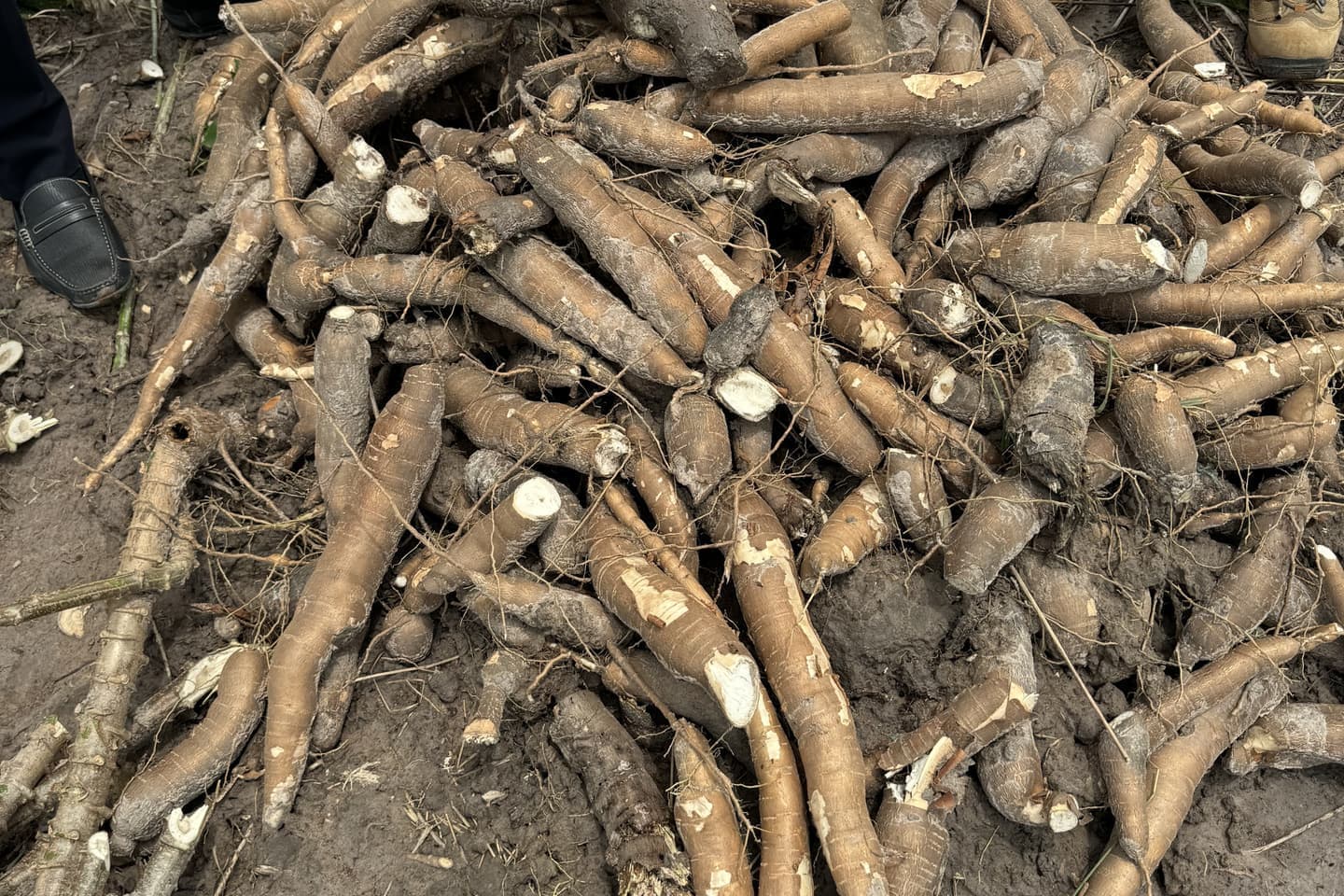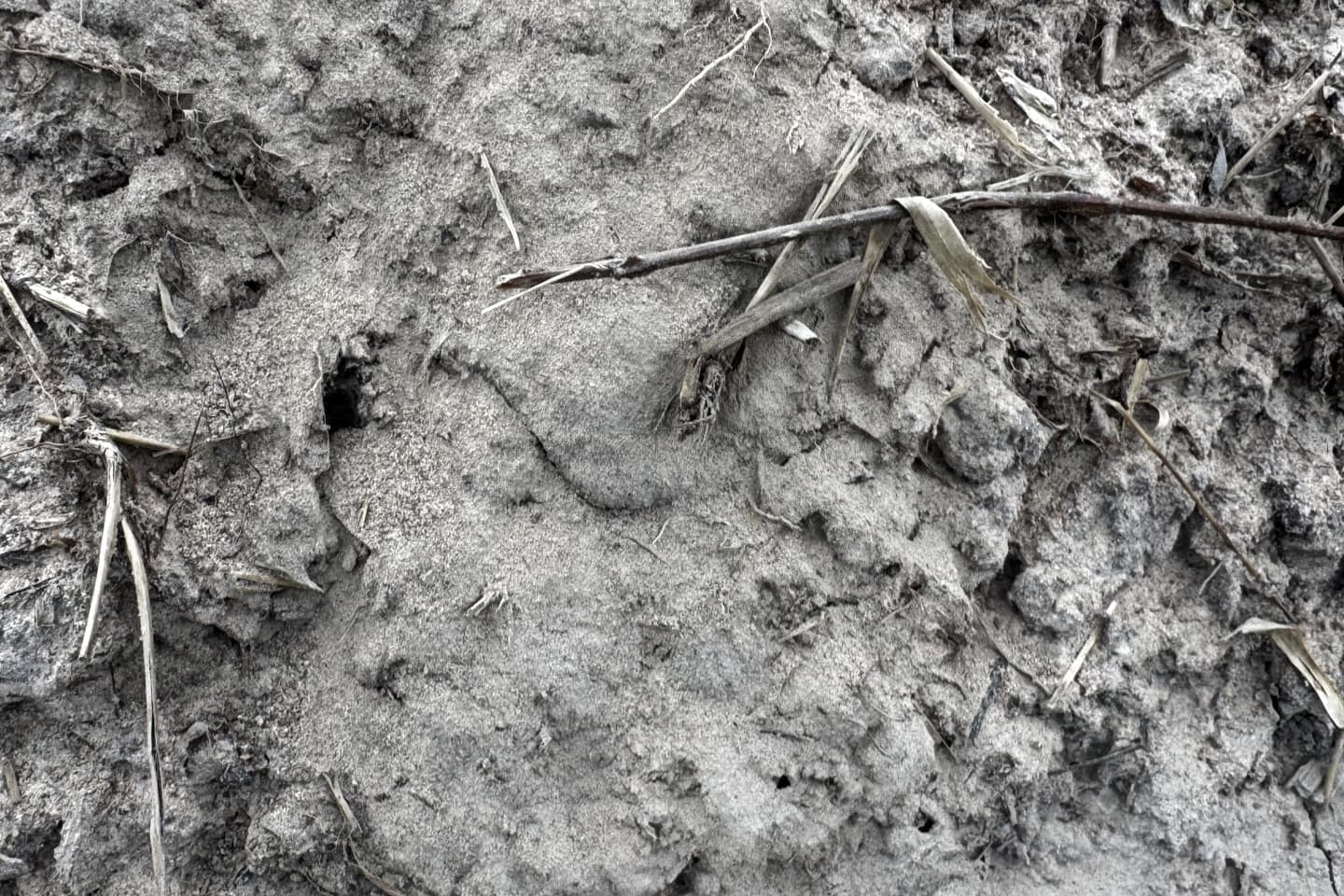Research Focus and Objectives This research focuses on cassava, an important crop in Southeast Asia, aiming to establish carbon sequestration methods in soil at production sites within the starch supply chain. The ultimate goal is to transform agriculture from a carbon-emitting industry into a carbon storage source. Furthermore, through the development of an inclusive supply chain using digitalization and the visualization of carbon balance, the research seeks to create a new sustainable agricultural and food-derived value system that aligns with carbon neutrality. Currently, in major cassava production areas, excessive tillage, low organic matter input, and intensive use of chemical fertilizers and pesticides contribute to carbon-emitting cultivation practices. This research will verify and establish technologies that enable both soil carbon sequestration and improved soil fertility through regenerative agricultural practices. By developing evidence-based technologies and measurement, reporting, and verification (MRV) methods, the project aims to provide incentives to farmers and implement a full-scale zero-carbon initiative across the entire supply chain. Additionally, this research will contribute to building strategies for carbon credit commercialization in collaboration with private companies.
Our strengths

We take a multidisciplinary approach.
土壌学、植物栄養学、栽培学、遺伝学の研究者に加えて農学関連の炭素クレジット研究の専門家の合同チームです
What we can do?
キャッサバは貧栄養の土地においても生育期間を長くすることで収穫が可能になる特性を持ち、土壌の養分を減耗させる。ベトナム南部のキャッサバ農地もその影響ですでに土壌有機炭素含量が低減している。

